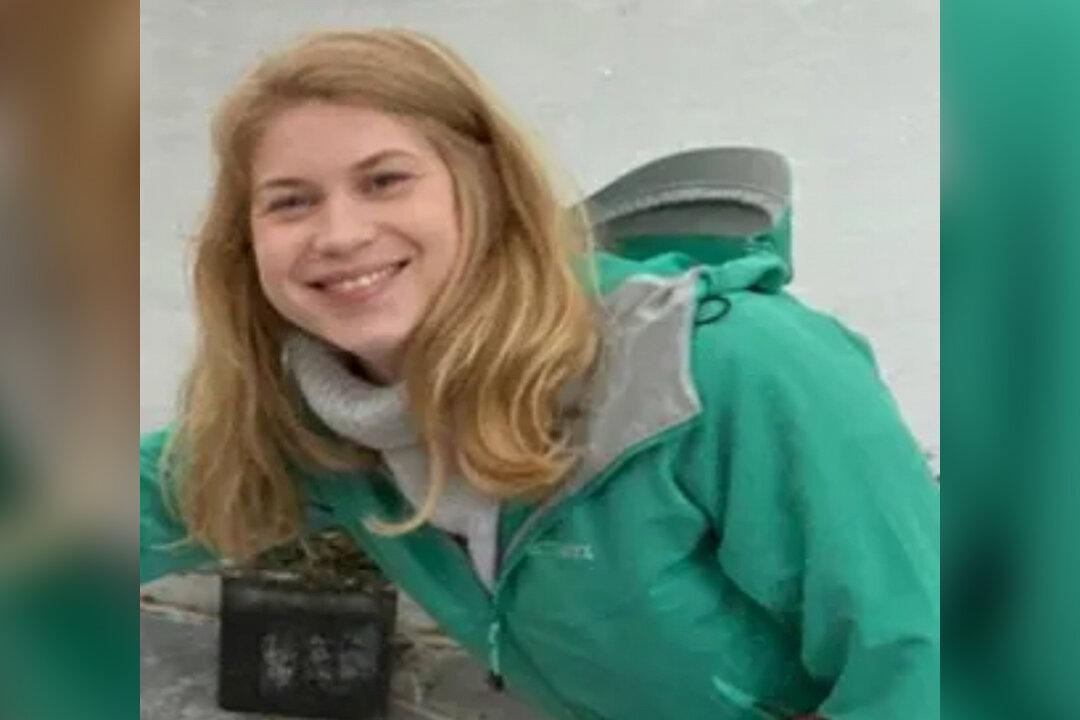The former British police officer who raped and murdered Sarah Everard in March kidnapped his victim by using his Metropolitan Police-issue warrant card to make a fake COVID-19 arrest, a court has heard.
Everard, a 33-year-old marketing executive, was walking home in the evening on March 3 after having dinner at a friend’s house in Clapham, south London, when she was kidnapped by then firearm officer Wayne Couzens.





